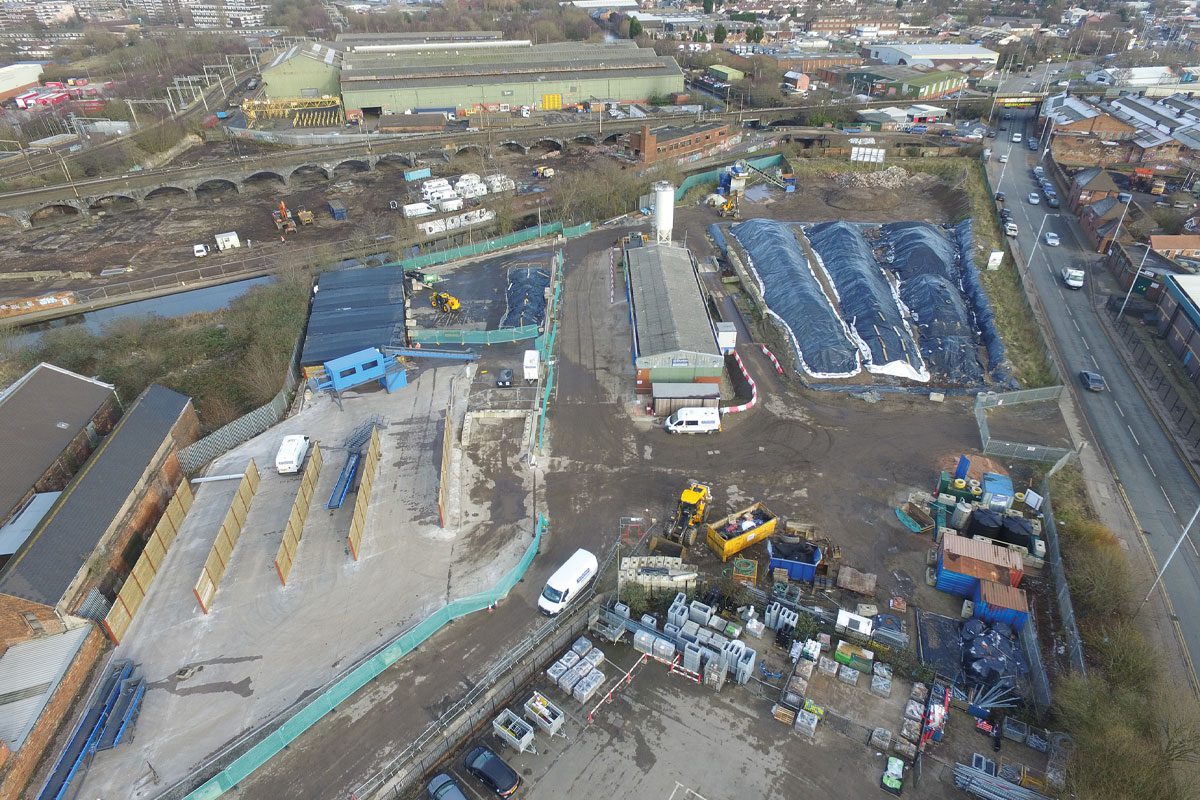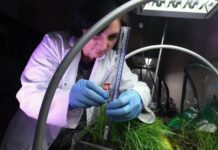Dunton Environmental shares details of a project to accelerate the remediation of contaminated soils.

Dunton Environmental “challenges traditional thinking in the construction industry and continuously develop new ideas to solve complex environmental ground and contamination problems to deliver their clients real programme and cost benefits.” Services include remediation contracting, waste management, Japanese knotweed treatment, soil and water treatment as well as contaminated land assessments.
Challenge
To efficiently and safely accelerate the reduction in TPH levels of hydrocarbon-contaminated soils onsite in order to enable their future use. The soil is initially screened to remove any builder’s rubble and deleterious materials. It is then treated according to the chemical nature of the soils, either by way of accelerated bioremediation to degrade any residual organic pollutants such as TPH and PAH (including benzo(a)pyrene); or by the addition of Dunton’s chemical oxidation compounds which induce chemical reduction.
OSE II solution
The Dunton team were interested to understand how effective the product Oil Spill Eater II (OSE II) could be at accelerating the bioremediation of hydrocarbons and ran an evaluation on an initial small quantity of contaminated soil. The accelerated reduction in TPH values met Dunton’s requirements and they agreed to implement the use of OSE II on larger-scale bioremediation of hydrocarbon contaminated ex-situ soil stockpiles.
Application: Chemical pollutants
Hydrocarbon contaminants are common on most brownfield developments, often the result of former works, in ground tanks or similar. Dunton has developed a rapid treatment technology for a wide variety of chemical pollutants in soils.
Application method
Using a combination of OSE II with natural water, this is then sprayed towards soils that are being aerated to improve the oxygen levels within them. Along with OSE II, this improves the conditions for microorganisms to naturally grow within them. This increase in microbial activity within the soils accelerates the biodegradation of hydrocarbons with the end products being only CO2 and water.







